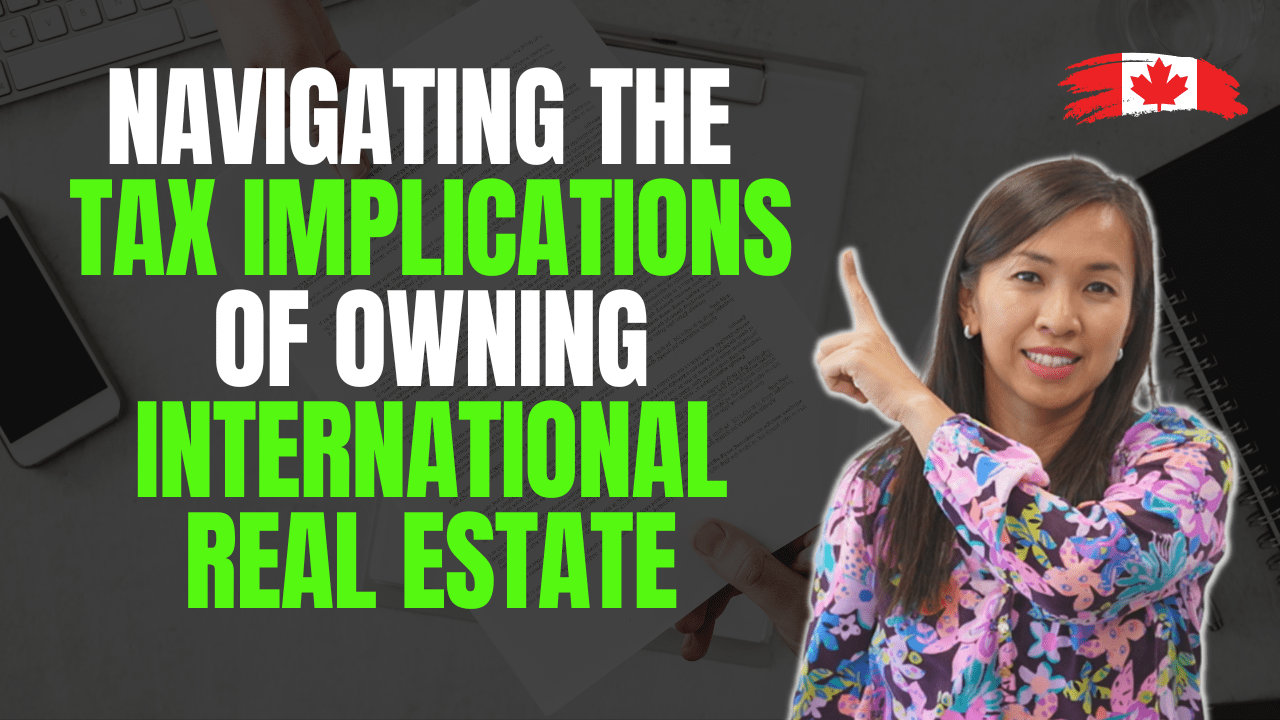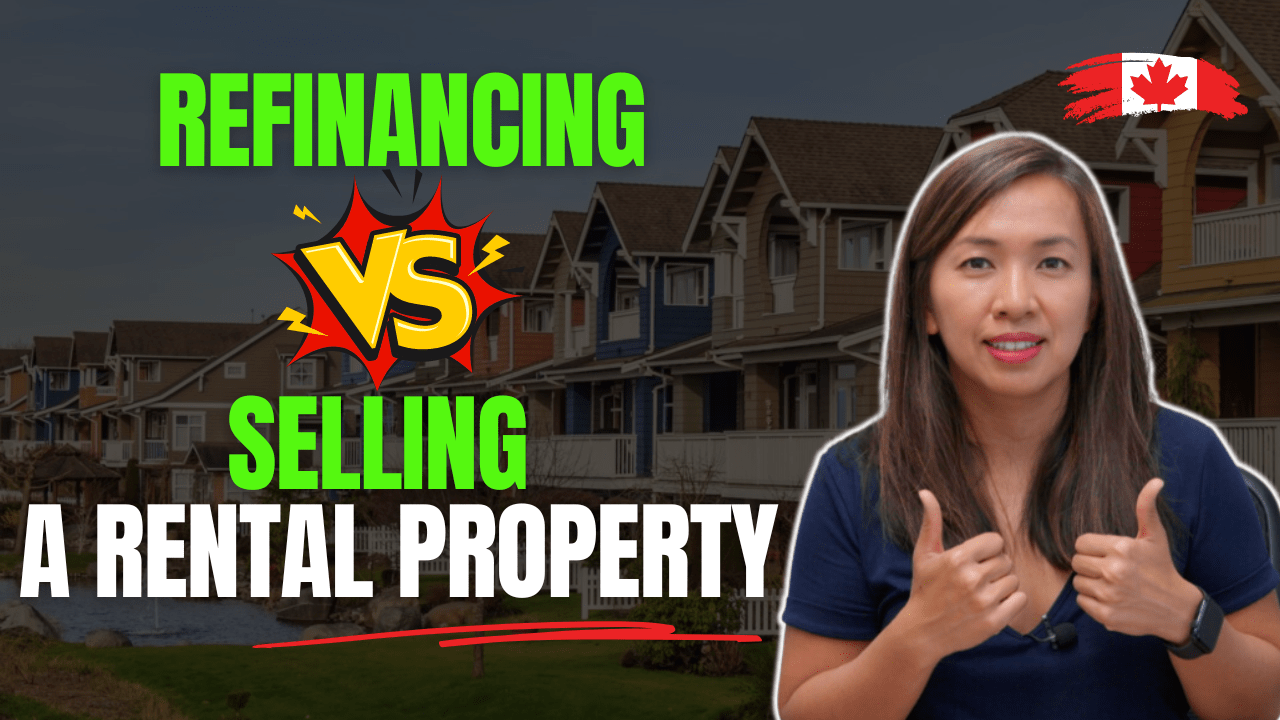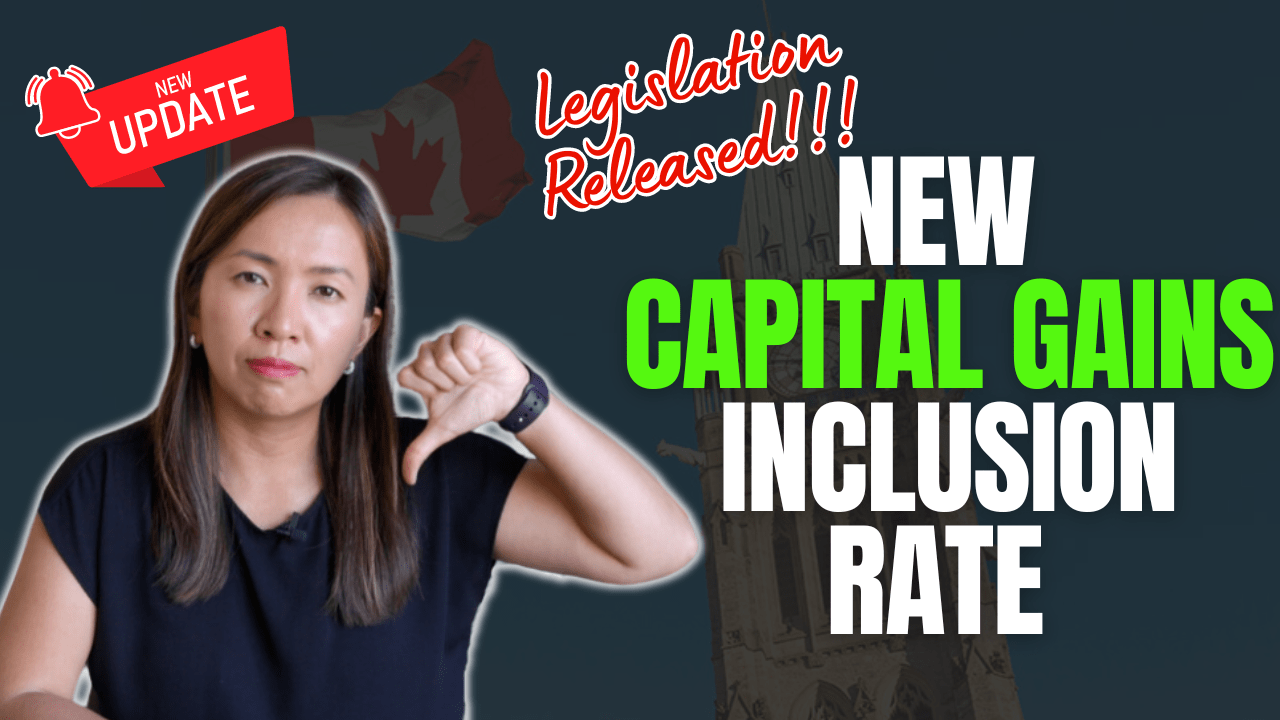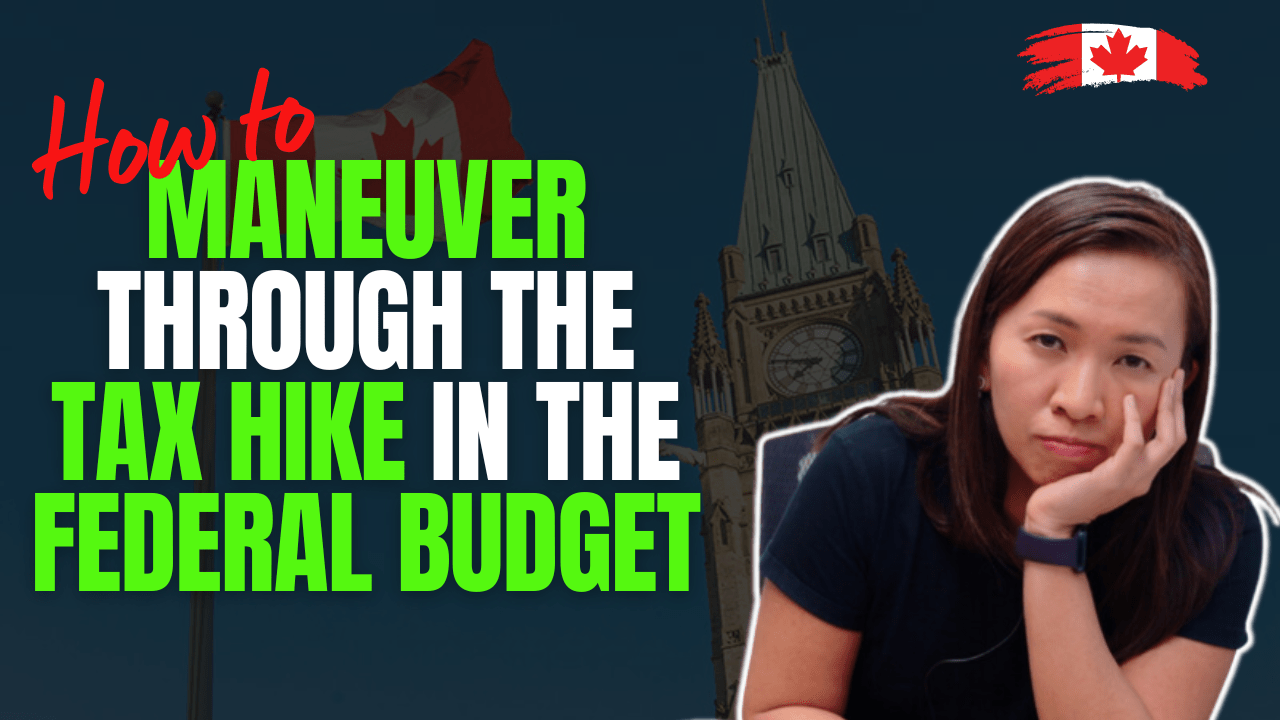When you own properties outside of Canada, it imposes another layer of complexity. Let’s explore the tax implications of owing international real estate.
You are responsible for the income tax filing in the country that you earn the rental income. Upon sale, you are also responsible to report the sale of the property and file a tax return. In certain countries, you can be exempted from paying tax on capital gain you make from sale of the property.
- If you own a property in Costa Rica and rent it out, you must report the rental income you receive, net of expenses, on the Costa Rican tax return.
- If you invest in stocks or ETFs in the United States in a non-registered account, the financial institution will withhold a non-resident tax on dividend income received and capital gain before depositing the net amount in your bank account.
As a Canadian tax resident, you’re also required to report the income you receive from this foreign property on your Canadian tax return. If you sell, you’re also required to report the capital gain on your Canadian return.
- If you own a property in Costa Rica and rent it out, you’re required to report the income you receive, net of expenses, on your Canadian tax return.
- If you invest in stocks in the United States in a non-registered account, you’re supposed to report the dividend income on your Canadian tax return. If you have capital gain on disposal of stocks, you’re also required to report that on your Canadian tax return.
Wait a minute, does that mean you’re paying double taxation -once in the local country and once in Canada?
The good news is that if you structure your ownership properly, you can claim the tax you pay in the foreign country as a tax credit on your Canadian tax return.
If the Canadian tax is higher than the amount you paid in the foreign country, you would not have any additional tax to pay.
If the Canadian tax is lower than the amount of the tax you paid in the foreign country, you’ll likely need to pay the Canadian government the incremental amount.
In another words, you’ll be paying the higher of Canadian tax or the tax you pay in the foreign country.
Let’s use an example to explain.
Let’s say you own a rental property in Hong Kong. You’re required to file the local tax return in Hong Kong for the rental income you received, net of allowable deductions. Allowable deductions are slightly different from that in Canada.
Generally speaking, a 15% of tax is charged on the net income.
If you report net rental income of $10,000, you need to pay $1,500 tax to the Hong Kong government.
As a Canadian tax resident, you’re also required to report the gross rental income you receive in Hong Kong, net of deductions based on the Canadian Income Tax Act. Let’s say the net rental income calculated is also $10,000.
Now, assuming that your marginal tax rate in your personal name is 40%. You’re required to pay $4,000 to the Canadian government.
But, you already paid $1,500 in Hong Kong on this rental income. You’ll be able to claim this $1,500 as foreign tax credit paid, to offset against the $4,000 payable to the Canadian government.
As a result, the net payable to CRA is $2,500.
Total tax payable = $1,500 paid to Hong Kong tax authority + $2,500 CRA = $4,000 in total.
In another words, you’ll pay the same amount of taxes on investing in a foreign country vs investing locally.
The bad news though, if you don’t have the proper structure, the Canadian Income Tax Act may not give you the credit on the foreign tax that you pay and you end up paying double taxation.
Let’s use an example to explain:
You own a rental property in the United States in an entity called Limited Liability Company (LLC), which is widely used by the local US residents because of its unique features. A LLC can provide legal protection, but it also allows the US residents to report income in their personal tax returns. It’s almost like a hybrid ownership between Canadian personal ownership and Canadian corporation ownership.
Canadian Income Tax Act does not have LLC in its vocabulary. LLC is recognized as a corporation.
In the US, as a foreign investor, you file the non resident tax return as if you’re owning the property in your personal name and pay the corresponding tax.
In Canada, the LLC you own is treated as a foreign corporation that you own. You still need to report the income and expenses on your Canadian tax return, but the US non-resident tax that you pay does not get counted as foreign tax credit on the Canadian tax side.
You pay tax once in the US as an individual. You pay tax second time as if you own a foreign controlled corporation. Yikes!
It’s important to structure your foreign property ownership properly to avoid double taxation.
What if you own a property in a foreign corporation?
If you own a foreign property in a foreign corporation, you might wonder, if you don’t draw any dividends from the corporation, you wouldn’t be taxed in Canada, right?
Unfortunately, you’re still required to report the income and expenses, capital gain on disposition of real properties, on your Canadian tax returns.
The form that you would use to report the foreign affiliate property income is different from your regular Statement of Rental Income and Expenses. It is the Canadian’s government way to ensure that there’s no tax difference between investing in Canadian properties vs foreign properties.
What other filing obligations do you have?
On top of reporting the income and expenses, you will also need to let the government know that you own a foreign property. There’re two ways of doing this reporting, either by way of a foreign corporation or you own it directly in your corporation or in your personal name, depending on your ownership structure.
If you own a foreign corporation that you have control, you’re required to report the net income on T1134. If you own a foreign property directly in your Canadian corporation or personally, in addition to the rental income and expenses form, you’re also required to file your ownership on T1135, assuming that the assets you own have a value over CAD$100K.
Again, if you are unsure, we’re always here to help.
Feel free to reach out to our office to schedule a one on one consultation so we can help you navigate this complicated situation.
Until next time, happy Canadian Real Estate Investing.
Cherry Chan, CPA, CA
Your Real Estate Tax Accountant





